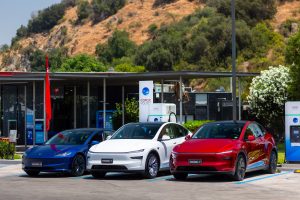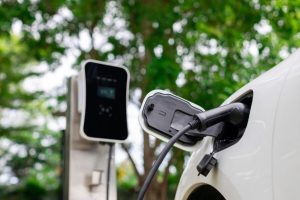
Latam Mobility Brazil 2024: Huawei and the Transformation of Electric Charging Infrastructure
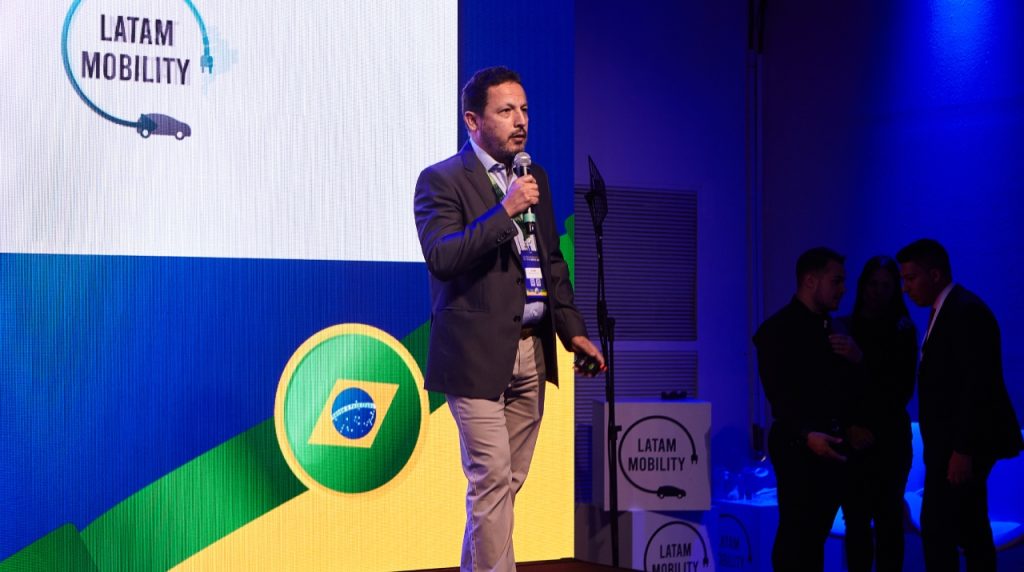
At Latam Mobility Brazil 2024, Huawei presented a talk on electric charging infrastructure and its impact on sustainable mobility, breaking paradigms as a globally recognized company for its technology and telecommunications.
In this context, Bruno Ivan Zavaleta Rosas, Regional Director of Digital Energy Business Development at Huawei, presented advances and proposals in the field of vehicle electrification, highlighting the importance of innovation in the transition towards a cleaner and more efficient future.
Often, the current charging infrastructure is not prepared to support the growing demand for energy, which represents a significant obstacle for logistics companies, public transportation, and residences.
Huawei addresses how mentality and planning must evolve to consider energy efficiency and long-term sustainability.
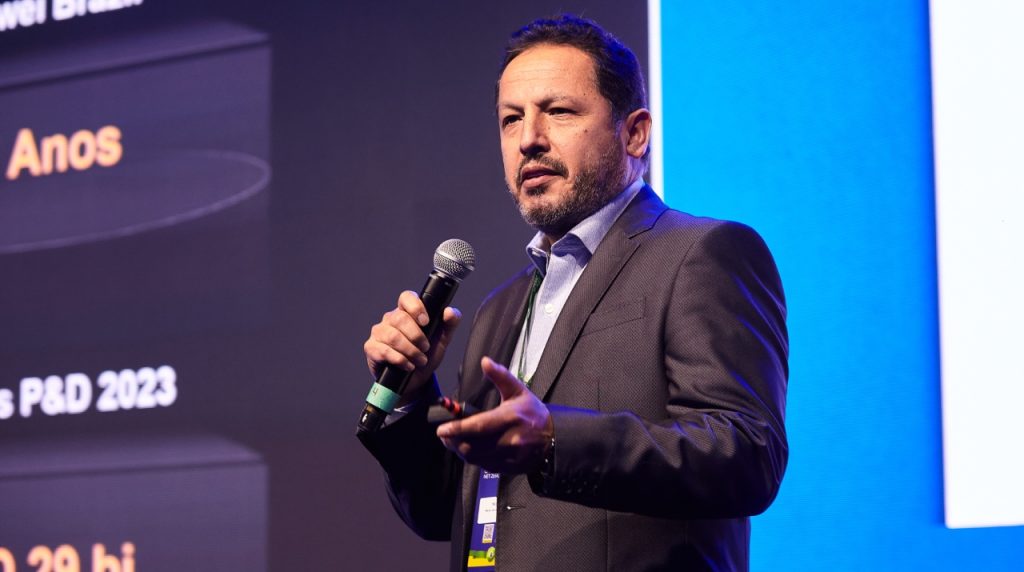
Huawei: Pioneer in Technology and Energy
With 37 years of experience in technology and present in Brazil for the last 26 years, Huawei has been a pillar in developing solutions, going beyond telecommunications by investing significantly in research and development.
In this regard, Huawei has developed a digital power division that creates efficient technologies in electric energy and systems for electric vehicles. The company collaborates with 30 high-end car brands, providing components for electric motors, chargers, and transmission systems.
In this vein and using Latam Mobility Brazil 2024 as a showcase, Huawei presented how its comprehensive solutions facilitate vehicle charging, allowing for 1 km of charge in one second, and the importance of developing infrastructures capable of supporting these advanced technologies.
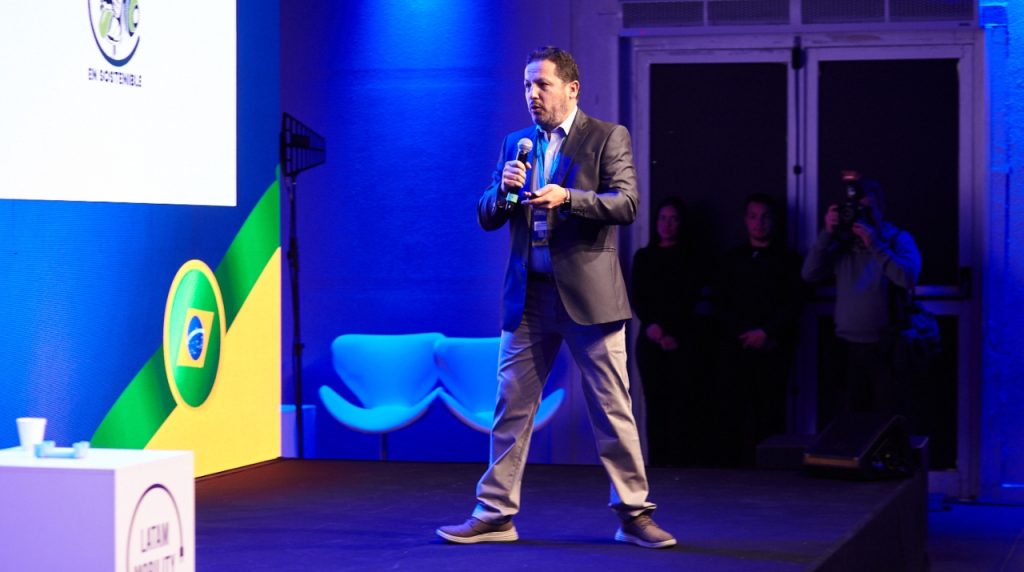
Furthermore, the need for ultra-fast charging stations in strategic locations, even in areas with limited electrical capacity, was highlighted. Huawei proposes distributed solutions that do not rely on the conventional electrical grid, integrating solar energy and intelligent energy storage systems.
In this way, the company made it clear that it improves the efficiency of electric vehicle charging through a standard for future charging infrastructure.




